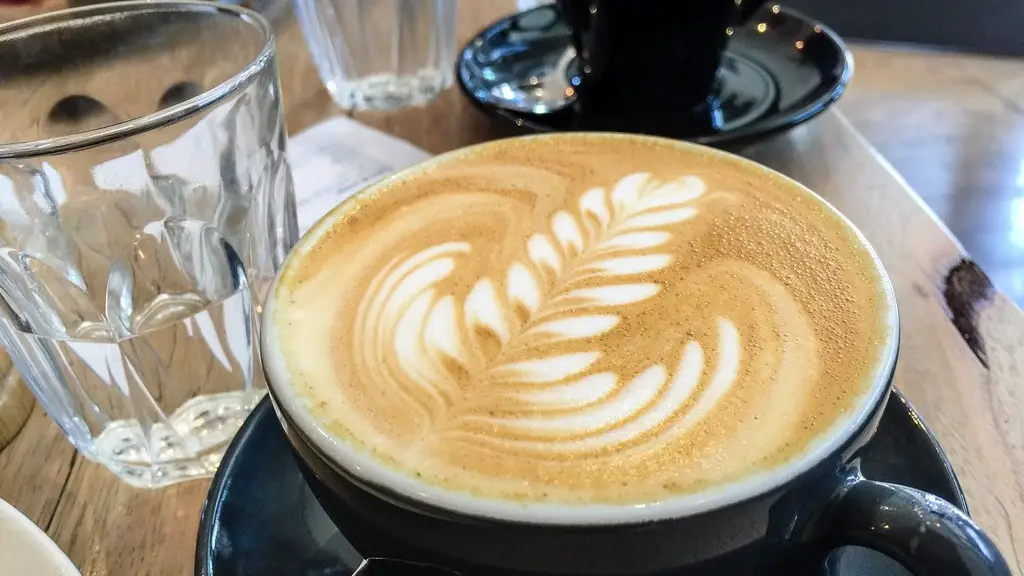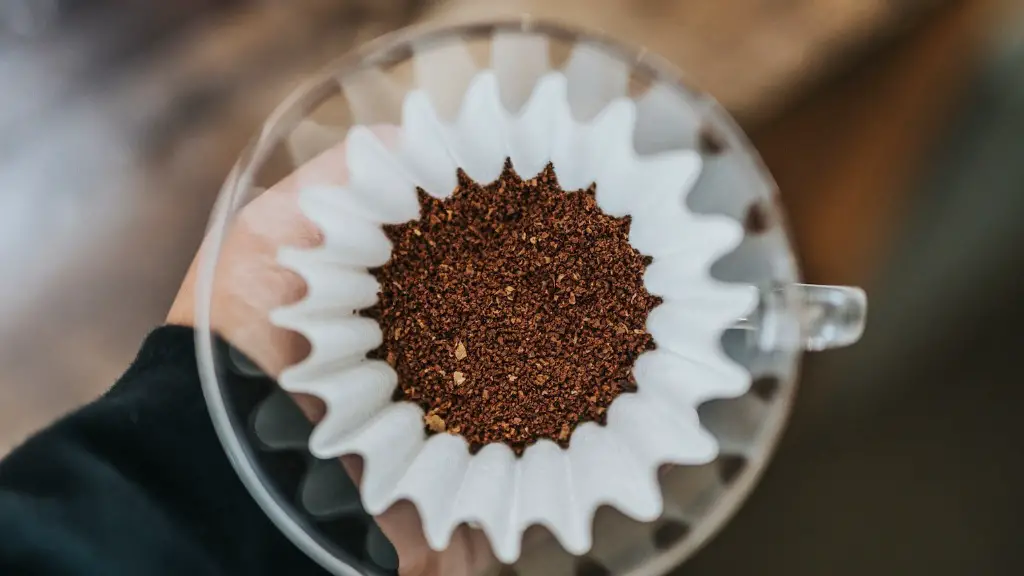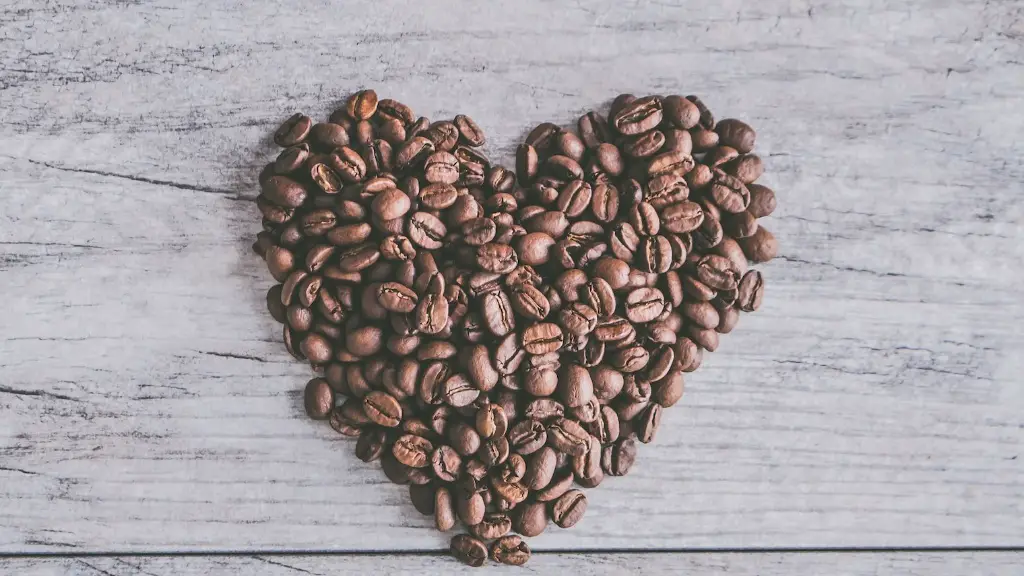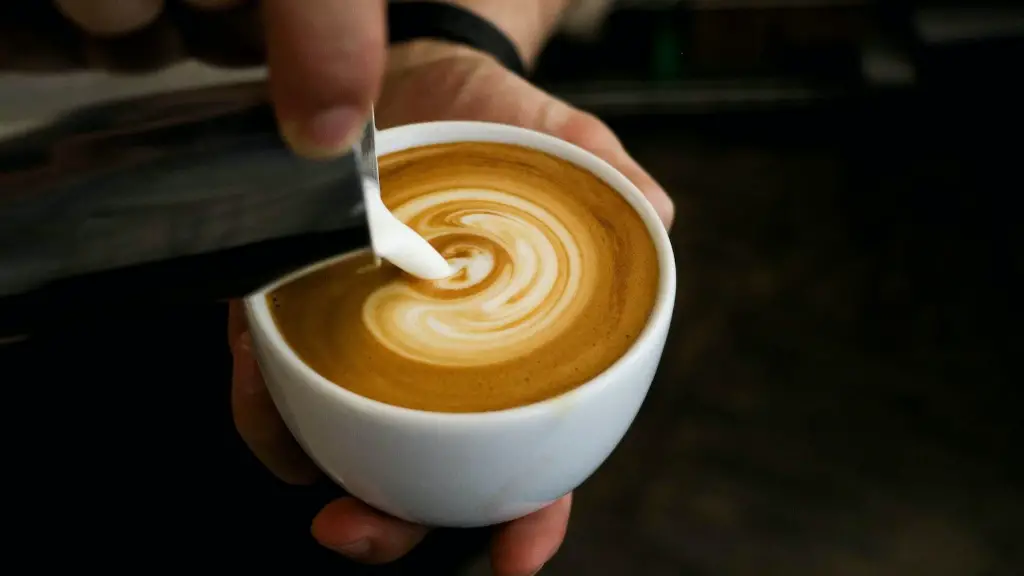Can I drink coffee and tea in a day? The short answer to this question is ‘yes’. However, the long answer is far more complex – and the quantity of caffeine is perhaps the biggest factor in making the decision. Both coffee and tea contain caffeine, and so its important to be aware of the potential health effects of consuming too much.
Firstly, let’s look at the caffeine content of both drinks. On average, an 8-ounce cup of brewed coffee contains 95–200 mg of caffeine, while the same size cup of tea contains 14–70 mg. Although it differs depending on the brand, a 12-ounce can of soda typically contains 30–40 mg of caffeine. Depending on your sensitivity to caffeine and the quantity you consume, drinking coffee and tea on the same day may cause undesired health effects.
The American Academy of Pediatrics (AAP) warns that reducing the consumption of caffeine among children and adolescents is important for avoiding uncomfortable side effects such as restlessness and sleeplessness, irritability, and headaches. The group also warns that caffeine consumption is a drug and therefore, it can be just as addictive for young people and vulnerable people as alcohol and other drugs.
The American College of Obstetricians and Gynecologists (ACOG) also advise pregnant women to limit their caffeine intake. Caffeine crosses the placenta and reaches the baby, so ACOG recommend that pregnant women restrict their daily caffeine intake to less than 200 mg per day.
Research has shown that heavy caffeine consumption in teenagers can lead to serious sleep disturbances and other health problems. A study found that those who consumed over 700 mg of caffeine a day were more likely to report medical conditions including fatigue, poor concentration and a lack of energy. Therefore, it’s important to be aware of your own individual caffeine consumption.
Although there is no concrete evidence that consuming coffee and tea on the same day is bad for your health, it’s the total amount of caffeine you’re consuming that matters most. Too much caffeine can cause jitters, insomnia, increased heart rate and even long-term health damage, including addiction and dependence. For this reason, it’s important to be mindful of your intake to ensure you consume within safe limits.
Different types of coffee
When it comes to drinking coffee, the type you choose could affect your caffeine consumption throughout the day. Brewed coffee usually contains the most caffeine, while instant coffee usually contains the least. Still, this varies depending on the brand and strength. When it comes to tea, black tea contains the most, while green tea contains the least. White tea, chamomile and herbal teas don’t contain any caffeine at all.
For those wanting a little bit more energy, energy drinks can be an attractive option. However, energy drinks typically contain very large quantities of caffeine, which can be extremely dangerous. Even one 16-ounce can of energy drink can contain up to 300 mg of caffeine, which is far more than what is considered to be safe.
In conclusion, it is possible to drink coffee and tea in the same day. However, it’s important to monitor your total caffeine intake to avoid any adverse side effects. If you’re looking for an alternative, there are plenty of caffeine-free options on the market, including herbal and white teas, as well as flavored sparkling water.
Alternative sources of caffeine
The most common sources of caffeine are coffee, tea and energy drinks, however there are other alternative sources too. For example, some foods, including chocolate and even some ice cream, contain caffeine. Although these sources contain lower levels of caffeine than drinks, it’s important to be mindful of your intake if you’re particularly sensitive to the effects.
Caffeine-containing supplements, such as caffeine pills, are also available. These supplements come in different strengths and sizes, so you should always check the label before taking them. This is particularly important if you’re mixing these supplements with other caffeinated products.
A popular caffeinated product on the market lately is caffeinated gum. This gum is particularly useful for those who want the benefits of caffeine without drinking a cup of coffee. However, it’s important to note that there are no regulatory standards for the amount of caffeine in this gum, so it’s difficult to gauge how much you’re actually consuming.
Nutritional benefits of coffee and tea
Coffee and tea don’t just provide energy – they contain various other nutritional benefits too. Studies have found that both drinks are rich in antioxidants and can help protect against diseases. Coffee, in particular, has been linked to lower risk of heart disease, stroke, diabetes, and depression. Tea, on the other hand, has been linked to a lower risk of cancer, especially breast cancer.
Still, it’s important to remember that while these drinks can provide some health benefits, consuming too much caffeine can cancel out any effects. Therefore, it’s important to stick to recommended limits, particularly if you’re pregnant or a child.
If you’re looking to get the nutritional benefits of coffee and tea without the caffeine, there are plenty of decaffeinated options on the market. Decaffeinated coffee and tea still retain some of the nutritional benefits and can also ensure you don’t consume more caffeine than is safe.
The upsides of caffeine
Despite all the warnings about drinking too much caffeine, a moderate daily intake has its benefits. Research suggests that caffeine can improve physical and mental performance, as well as alertness and reaction times. It can also increase motivation and concentration, particularly for those who struggle to stay focused during the day.
Caffeine also stimulates ‘feel good’ hormones called endorphins, which can help boost mood and reduce stress. As such, it can be a great tool for those who struggle with low energy or attention during the day. Just be sure not to overdo it, as too much caffeine can have the opposite effect.
Interestingly, moderate caffeine intake can also help with weight loss. Caffeine increases energy levels and can help suppress appetite, making it a great choice for those who want to watch their weight. However, drinking coffee and tea to lose weight is not recommended, as the effects are short-lived and rely on huge quantities of caffeine consumption.
Drinking decaf options
If you’re looking to reduce your caffeine intake but still enjoy your favourite coffee or tea, decaffeinated options are the way to go. Decaffeinated coffee and tea still taste the same and contain some nutritional benefits, but without the risk of consuming too much caffeine.
Decaffeinated coffee typically contains only 2–12 mg of caffeine, compared to 94–100 mg in a standard 8-ounce cup. Decaffeinated tea contains 2–8 mg of caffeine, compared to 12–90 mg in a standard cup. As such, decaffeinated coffee and tea provide the perfect way to enjoy all the taste and benefits, without worrying about the effects of caffeine.
Overall, it is possible to drink coffee and tea in the same day. However, it’s important to consider your individual caffeine sensitivity and the total amount of caffeine you’re consuming. If you’re particularly sensitive or concerned about adverse effects, opting for a decaffeinated option is a great way to still enjoy your favourite drink without the worry.





